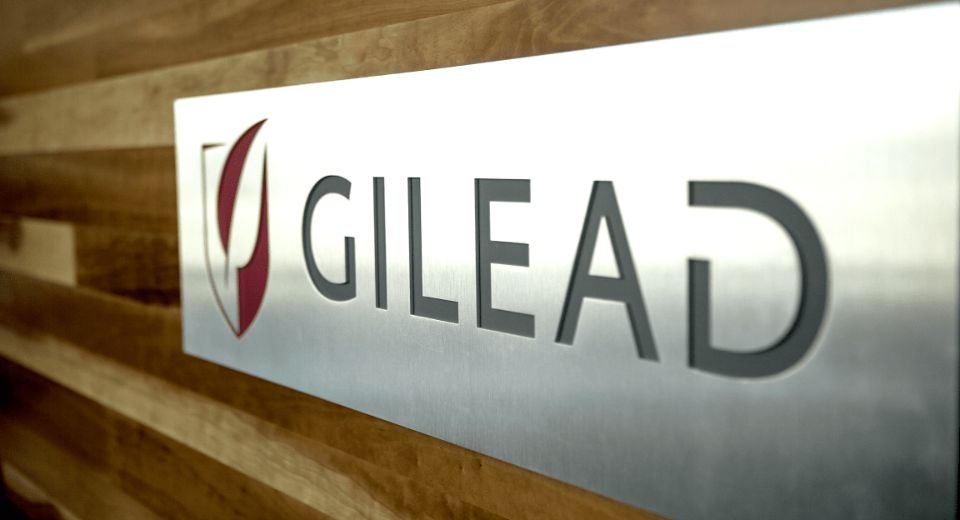HQ Team
July 10, 2025: Gilead Sciences Inc. and the Global Fund have signed a pact to supply an HIV prevention drug at no profit to benefit two million people in low-income nations.
The Global Fund to Fight AIDS, Tuberculosis and Malaria (Global Fund) and Gilead will supply lenacapavir—Gilead’s twice-yearly injectable HIV-1 capsid inhibitor—for the prevention of HIV as pre-exposure prophylaxis (PrEP).
PrEP refers to the use of medication by people who do not have a certain infection but are at risk of exposure, to prevent acquiring that infection.
In the context of HIV, PrEP involves taking antiretroviral medicines to reduce the risk of getting HIV from sex or injection drug use before any exposure to the virus occurs.
Gilead will supply enough doses to reach up to two million people over three years in countries supported by the Global Fund, according to a statement.
Royalty-free licensing agreement
In October last year, Gilead signed a non-exclusive, royalty-free voluntary licensing agreement to manufacture and supply high-quality generic versions of lenacapavir in 120 high-incidence, resource-limited countries, which are primarily low- and lower-middle-income countries (LLMICs).
Until licensed generic versions are available and can fully meet demand in LLMICs, Gilead also committed to providing Gilead-supplied lenacapavir for PrEP at no profit.
Under this strategic partnership agreement with the Global Fund, countries supported by the Global Fund can access lenacapavir for PrEP. The Global Fund will prioritise early-access countries based on HIV epidemiology, national prevention strategies, and available resources.
“The agreement between Gilead Sciences and the Global Fund is based on our shared intention to benefit as many people as possible, as quickly as possible, with this breakthrough in HIV prevention,” said Daniel O’Day, Chairman and Chief Executive Officer, Gilead Sciences.
Generic lenacapavir
“We are providing the medicine at no profit to Gilead, and in enough supply to reach up to two million people in low- and lower-middle-income countries ahead of generic lenacapavir becoming available. This is all part of our unprecedented approach to access for a medicine that could help end the HIV epidemic.”
Gilead hopes to secure approvals in key high-incidence, resource-limited countries as quickly as possible following the recent US and potential EU approvals.
In February 2025, the European Medicines Agency (EMA) validated Gilead’s EU-Medicines for all (EU-M4all) application for lenacapavir for PrEP.
“This is not just a scientific breakthrough — it’s a game-changer for HIV/AIDS,” said Peter Sands, Executive Director of the Global Fund.
“For the first time, we have a tool that can fundamentally change the trajectory of the HIV epidemic — but only if we get it to the people who need it most. Our ambition is to reach 2 million people with long-acting PrEP. But we can only do that if the world steps up with the resources required.
‘Pivotal moment’
“This is a pivotal moment — not just for the fight against HIV, but for the fundamental principle that lifesaving innovations must reach those who need them most—whatever they are, and wherever they live.”
In other middle-income countries, including many in Latin America with a high burden of HIV that are not covered by this agreement and the voluntary licensing program, Gilead is pursuing multiple strategies to support access to lenacapavir for PrEP.
Lenacapavir for HIV prevention is not approved by any regulatory authority outside of the United States. There is currently no cure for HIV or AIDS.
The suspension of US foreign aid has disrupted life-saving health initiatives, including HIV treatment, polio eradication, and responses to mpox and avian flu in 50 countries, according to the World Health Organization (WHO).
About 21 million people relying on the US President’s Emergency Plan for AIDS Relief face uncertainty.








